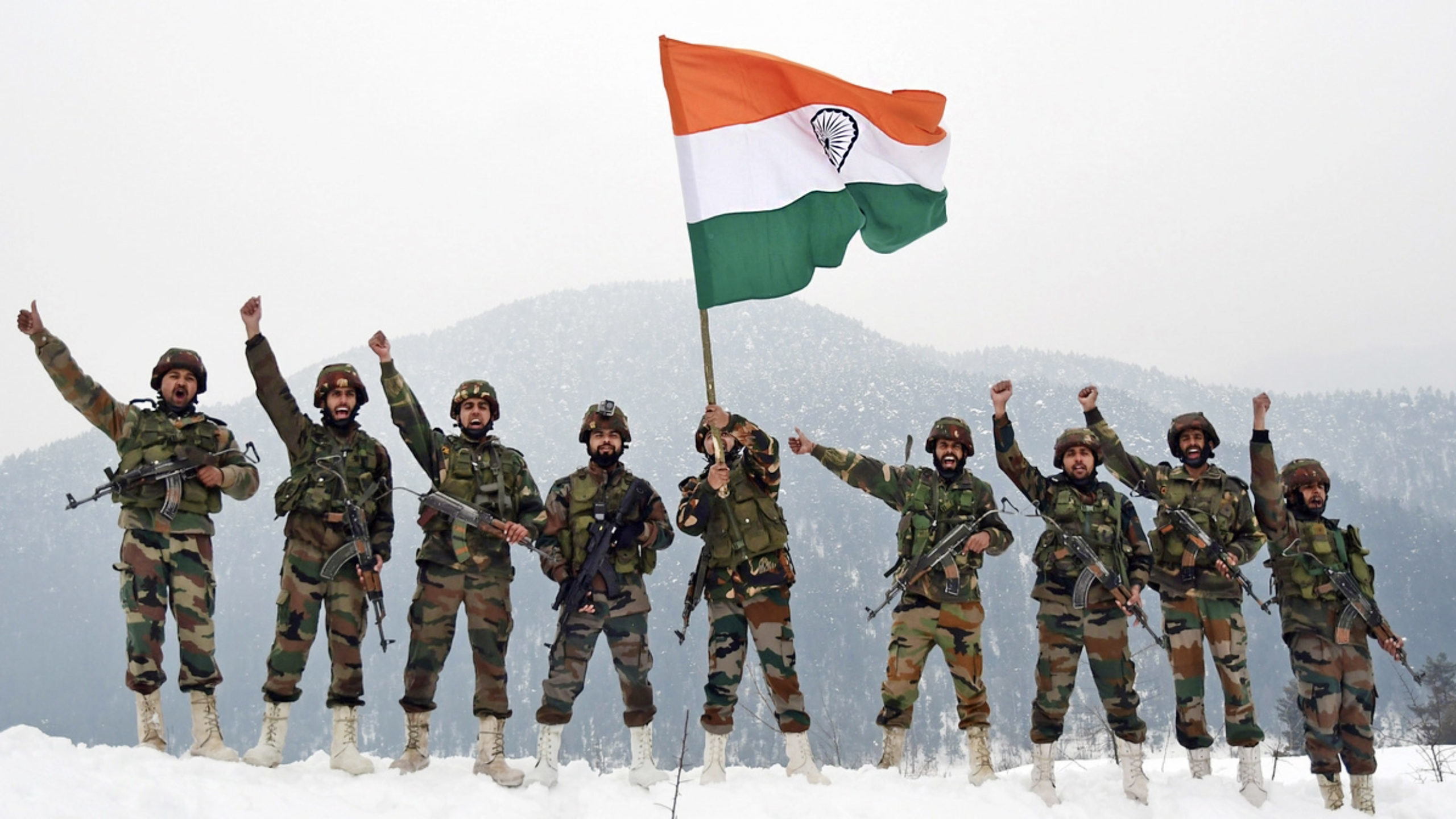The U.S. Deputy Secretary of State Wendy Sherman arrived in India today for a three-day visit. Afghanistan will be high on the agenda.
India’s role in Afghanistan is often overlooked, but India is (indirectly) the central player in events there dating back half-a-century: Pakistan’s project to colonise Afghanistan through jihadists — the Taliban-Qaeda forces being the most recent iteration — is for “strategic depth” in its never-ending ideological war against India.
In the 1990s, India was, with Russia and Iran, the leading supporter of the anti-Taliban resistance, known as the United Islamic Front (UIF) or “Northern Alliance”. Operating out of Tajikistan, once again the hinge state for the anti-Taliban cause, the Indians were able to supply munitions and other assistance to the UIF. The UIF leader, Ahmad Shah Masud, died at the Indian field hospital on the Farkhor Airfield in Tajikistan.
After the fall of the Taliban in 2001, India engaged widely in Afghanistan on the “soft power” front, building infrastructure, schools, and hospitals. Perhaps these structures will survive, but Indian influence over them will not, nor will things like education programmes for Afghans to study in India: Pakistan’s whole purpose in re-Talibanising Afghanistan was to shut India out. Which leaves the “hard power” option.
India has undertaken some efforts to prepare the groundwork on this front. Delhi has cultivated deeper political relations and counterterrorism cooperation with Tajikistan since 2003 that could make intervention possible. In 2002, India began refurbishing a Soviet installation in Ayni, which is now India’s only overseas airbase, the Gissar Military Aerodrome. This base is strategically positioned to counter Pakistan in Afghanistan and Kashmir — and, more quietly, Pakistan’s patron, China.
India’s attempts to expand economic relations with Tajikistan, however, have been hampered by predatory Chinese “debt-trap diplomacy”. By using its economic leverage in Tajikistan, China has been able to curtail India’s influence in the country. As such, China is content for Pakistan to control Afghanistan, since it opens the way for Chinese mineral exploitation, which is why Beijing will likely soon formally recognise its client’s proxy regime in Kabul.
This does not mean that India will be unable to compete with Pakistan in Afghanistan, but there are serious difficulties. First, India is hostage to the Russian decision on whether to allow Tajikistan to be used by the Afghan resistance, a decision impacted by Moscow’s post-9/11 outreach to the Taliban and complicated relations with China. Second, India has bureaucratic obstacles to overcome in formulating any such policy. Third, the Afghan resistance has its own divisions to overcome. Fourth, there is Kashmir.
The Islamic State Khorasan Province (ISKP) has in recent weeks seriously escalated its operations in Afghanistan against Pakistan’s jihadists and there are indicators IS is trying to displace the Pakistan-run jihad in Kashmir. If this intra-jihadi competition in Kashmir heats up, it will spill over into India, and take priority over any Indian plans for Afghanistan.
There is a final, less tangible political problem: unlike in the 1990s, when the Taliban regime was a complete international pariah, the Taliban has already been legitimised by foreign governments. With the rise of ISKP, the talk among Western governments is not about trying to overthrow the Taliban, but using it as a counterterrorism “partner”, despite its integration with Al-Qaeda. India, then, faces a daunting task in countering Pakistan in Afghanistan: even if it can come up with a workable strategy, it is dependent on others to be able to execute it.










Join the discussion
Join like minded readers that support our journalism by becoming a paid subscriber
To join the discussion in the comments, become a paid subscriber.
Join like minded readers that support our journalism, read unlimited articles and enjoy other subscriber-only benefits.
Subscribe